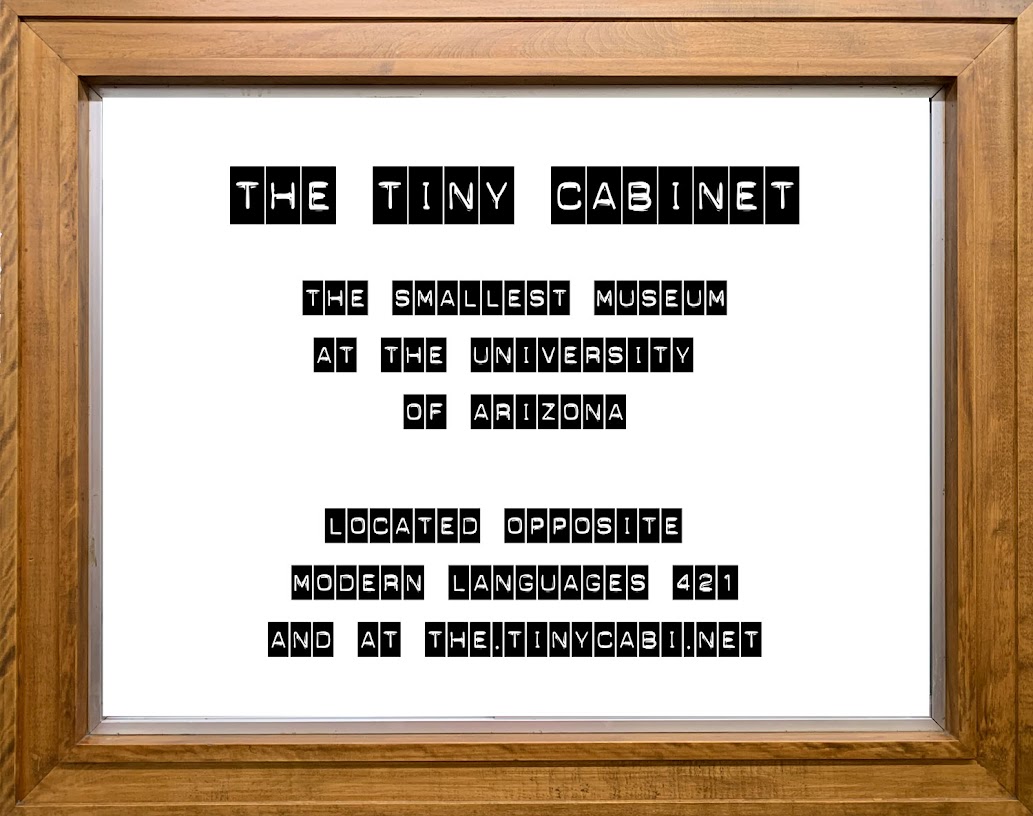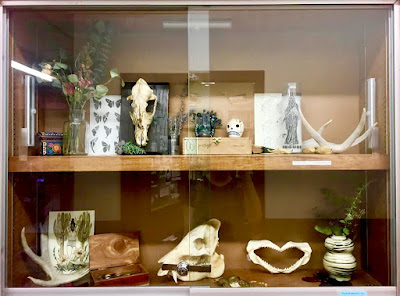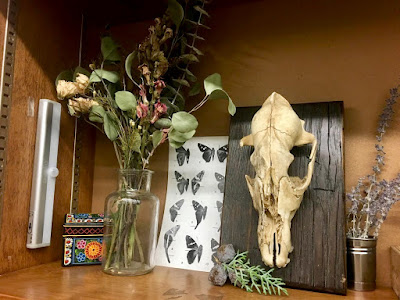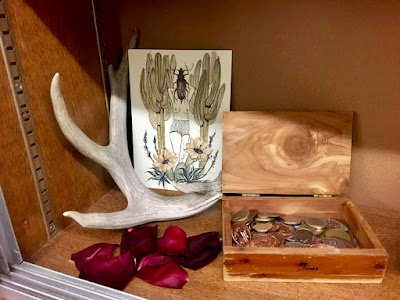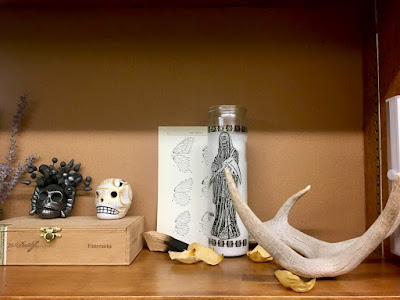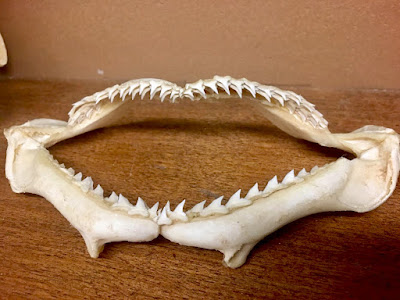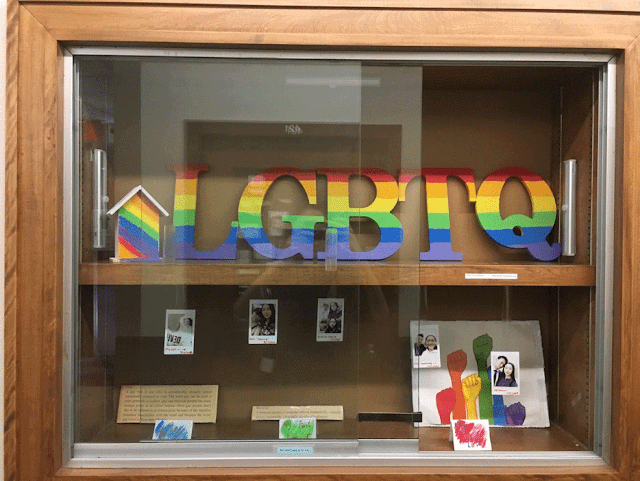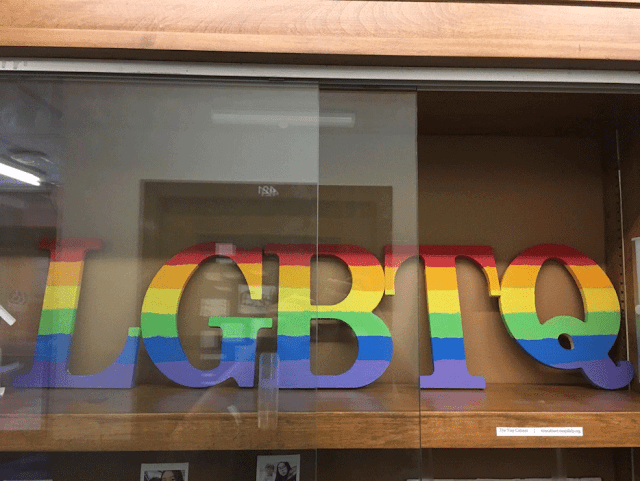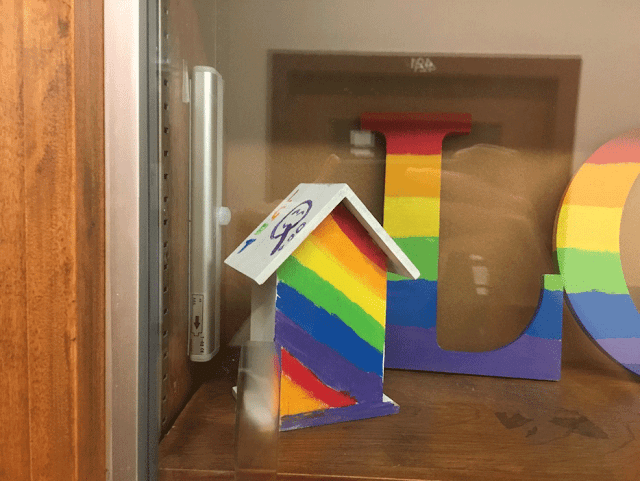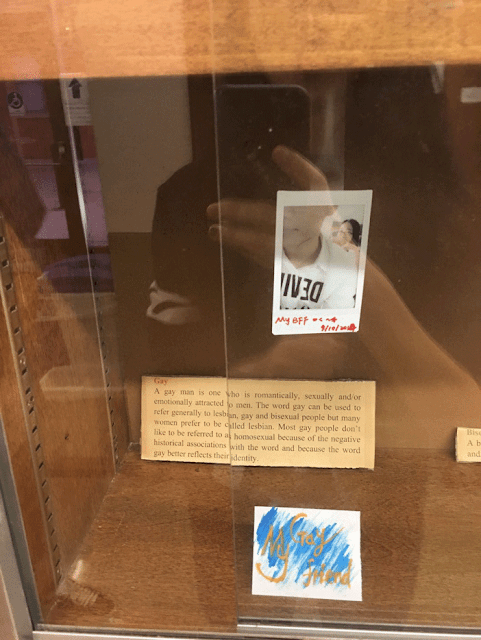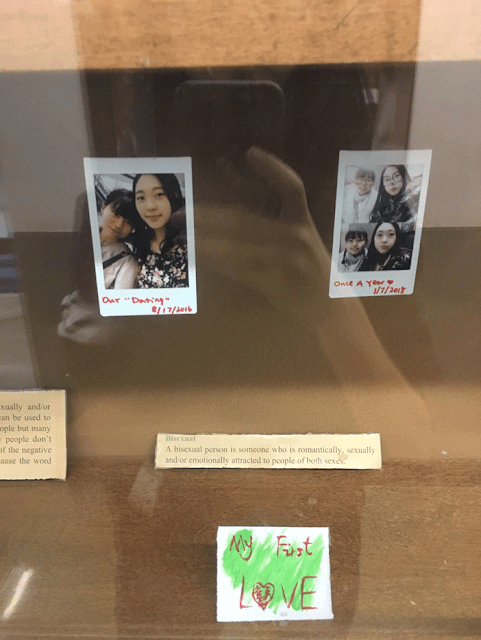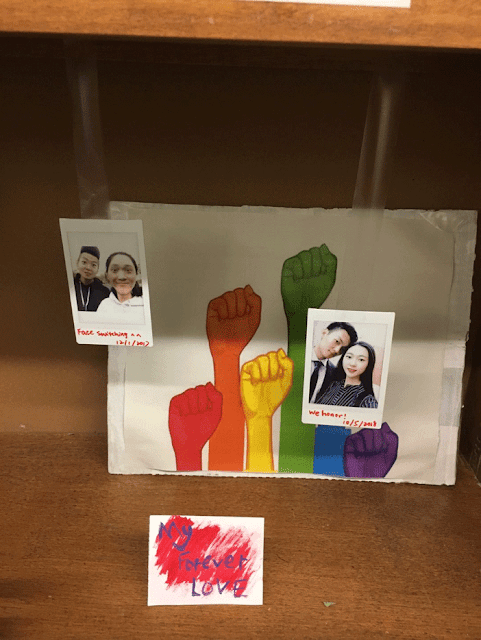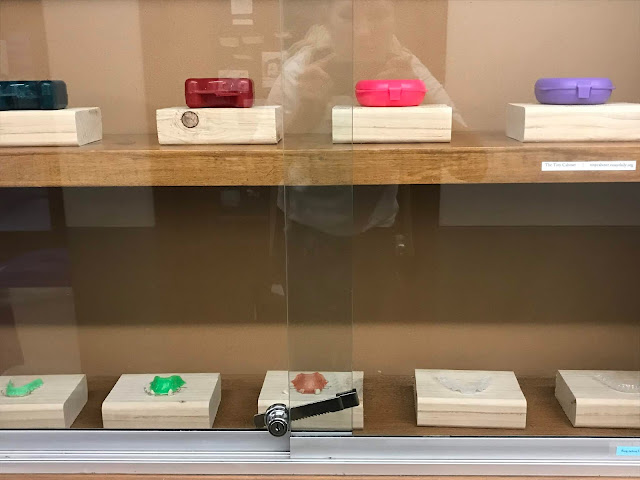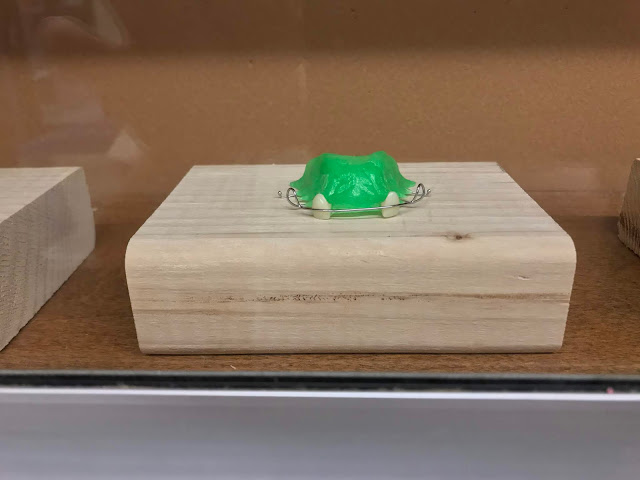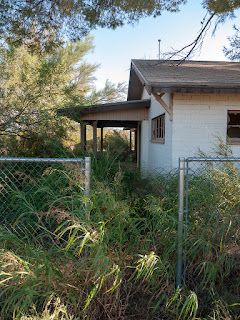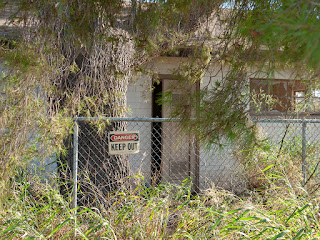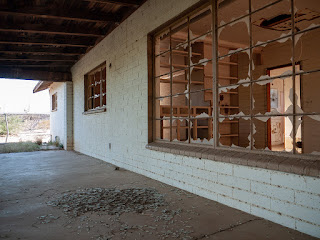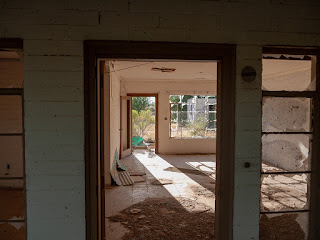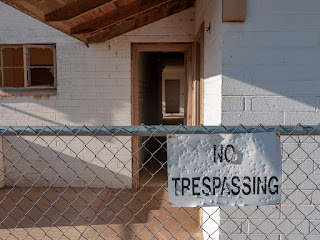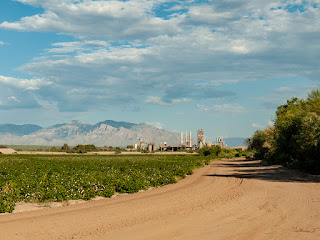One day, a mother returns home to find that
her children are missing. She looks and
she looks, they are nowhere to be found, so she leaves to search for them. She travels far, looking everywhere; she searches for
so long that she becomes lost. Distraught, starving, her cries are heard from miles around, but no one comes. In the absence of hope, she dies.
This woman is known in myths from early on
in the world: She is Demeter, Goddess of Life and Death, she is La Llorona, she is Niobe, she is she
is the woman in white.
Except now, she will be reborn, and she will have
revenge.
*
The story of La Huesera is not mine to tell. I will say, however, that I believe in
ancestral memory, in the collective spirit of women, and the wisdom left behind
from all who have walked the earth, since in the beginning. The history of the world is woven in to the
very helices of our DNA. Do you still
hear it sometimes? I can say that I knew,
even as a little girl, that my bones carried memories with origins long before
their time. The ways of the old world
are still among us, but they are hidden.
You can find them only in places people have left untouched.
La huesera means Bone Woman, though she has many
other names. I imagine her as the slow
hands of transformation, she stokes the fire and raises a phoenix, she pulls forth what is reborn from ashes only after setting
itself aflame. She does not answer
prayers, she does not come when called. She
appears only after all hope is lost. She is the
bone gatherer. An ancestral
aggregator. Keeper of the keys. She creates new life from what remains after everything else has died
and fallen away.
Nothing borrowed, nothing
owed.
*
Robins are said to
symbolize renewal and new birth. They were always amongst the first migrating
birds to return at the end of winter to the trees outside of my childhood home
in Virginia Beach. Adults, red-breasted
with charcoal coats and fluffy white butts, would sing to each
other from powerlines and across the sky as soon as the sun peeked
over the edge of the horizon. I'd see twigs and trash scraps begin aggregating, their nests slowly transform, and then one day - pop! Four to six little blue eggs in the nest. Robin's eggs are a unique shade
of blue – a kind of cyan, a kind of turquoise – sometimes speckled but, more
often than not, you don’t roll them over to find out because if you touch them,
the mother might not come back to the nest.
Or so my Dad told me.
I remember
watching a mama robin pull an earthworm up from the damp, soggy, early morning
ground, swallow a little, actually regurgitate, chew it up, and then take it back to feed the little
ones. When they were old enough to learn
how to fly, there was, every year, at least a bird or two that just didn’t make
it. I had never seen them fall, but their carcasses would sit until the evening, when they would be ripped apart by cats and by morning, have ants crawling out
of their eyes, left to rot on the ground beneath the nest where the others cried the
morning after, waiting for their mother to return.
Until I started burying their bodies next to each other along the fence of our backyard.
*
“You can’t keep
them as pets,” my Dad told me one day, “pets are animals that we feed and keep
alive.” He was trying to be funny but I was inconsolable. The first set of bones I brought
home were those of one of the many fallen baby robins. Something had dug one of the graves up and
ripped one of its wings off. I cried and
cried and cried, but my Dad remained unwavering.
I wanted to keep the bones, but instead, I started a
fire. I understood that the only honor
there was in death was the way in which the living honored the lives that had passed
before them, so I took my journal, the gasoline can from the garage and a matchbox
and went back into the backyard with the bones.
I dug a single square-foot hole with a shovel too big for my small
hands, and I placed what remained of the baby robin’s body inside of it. I collected twigs, just like the bird’s
mother would have, and I built a temple of twigs around what remained of the body. I gave the bird a name, wrote a short eulogy, and
preached my first sermon about the meaning of life so quietly that only the bones could hear. I placed my note at
the foot of the temple, poured out a little gasoline, lit the match and tossed it in. First, the stench of sulfur filled the air, then, the acrid smell of turpentine. The rising black smoke snaked into the sky as
the twigs caught fire and the gasoline burned off. I watched the smoke turn grey and continue to
rise as the sun set from the window of my room after I had gone back
inside and collected what remained of the
bones the next morning to bury them again.
*
Many of the bones
I have found carry stories that are not mine to tell. Some already lived second lives and have
since been laid back to rest. I can tell
you, however, that while I have always been a collector of sorts, many of the
things I found feel as if they found me. I know when it is best to leave something as
it is and when it should be retrieved. I
know that even bones occasionally get lonely.
They are – the things I have collected – among other things, brief
snapshots of time. They are images that
are present in all things. They represent what
came before, what may remain behind. Something perfectly preserved. Brief snapshots of time, in stamps and coins, flowers and
bones, seeds and leaves. Things that have a story. Inside of them are the remains of an entire universe - life that has been and gone.
*
Go and gather the bones, girl.
Gather everything together. Make something from the ashes.
From the earth. From the wind. From the water. From the fire.
You are life. You are the slow hands of time.
You know what came before. You know what comes after.
The beginning and the end.
Listen, girl. Listen better.
The bones know.
The bones remember.
